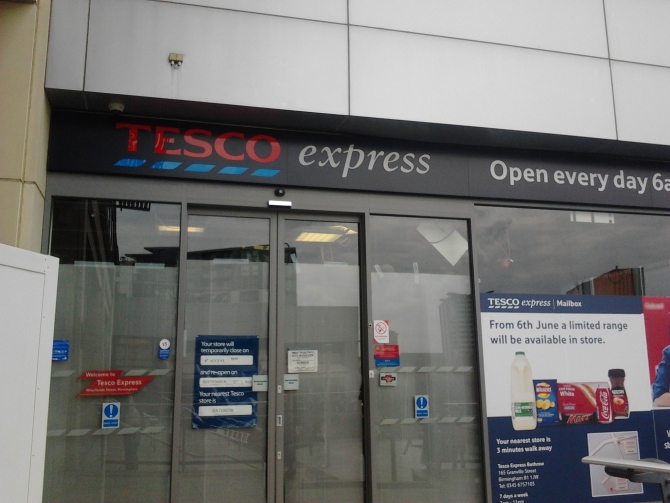As the supermarket price war continues to rage on, the Big Four are increasingly finding discounters eating into their market share. Tesco suffered a further loss in the 12 weeks to the 17th of August, with the data from Kantar Worldpanel showing a further drop in market share making the retailer the worst performing major grocer in the sector for the period.

According to Kantar’s latest report, Tesco’s market share dropped to 28.8 per cent during the last quarter, comparing poorly to the 30.2 per cent it controlled only a year ago. Correspondingly, Tesco’s sales fell by 4 per cent during the period, demonstrating the extreme pressure the market leader is under at present.
Conversely, discounters Aldi and Lidl managed to grow their sales by 29.5 per cent and 18.3 per cent respectively. While this may be good news for the imported European brands, Kantar director Edward Garner points out that it is not necessarily an ideal situation for the wider grocery market.
He says; “Competitive pricing among the big grocers and deflation in the price of staple items such as vegetables, milk and bread has driven inflation down yet again.
“This naturally impacts on the overall growth of the grocery market, which has fallen to a 10 year record low of 0.8 per cent.”
Outgoing chief executive Philip Clarke has faced criticism regarding his leadership of Tesco during the past few years, with industry experts claiming he has failed to keep up with changing consumer trends and not done enough to lower prices at a time when discounters are increasingly attractive. However, it may be necessary to look a little further back to explain why Tesco is falling so swiftly from grace.
A decade ago, Tesco was in the midst of implementing its “Tesco Towns” strategy, whereby the retailer aimed to open numerous superstores and hypermarkets – known as Tesco Extra – nationwide. These properties tend to be large, costly to run and have a high rateable value; something which proved to be damaging for Tesco when the recession struck and business rates rises began to outstrip the pace of inflation.
Furthermore, consumers are now increasingly turning from supermarkets to small convenience stores, meaning that Tesco is urgently having to backtrack on its previously successful strategy and sell off land earmarked for superstore expansion. This has seen Tesco recently sell land to housing developers as a means of boosting its bottom line and store funds for future downturns in the market.
Despite the numerous issues faced by Tesco, it is in fact performing more strongly than at most other points in the past 40 years and remains the market leader in the grocery sector. However, with Sainsbury’s not far behind and discounters continuing to build market share, the question is whether the supermarket giant will be able to retain its crown for much longer.